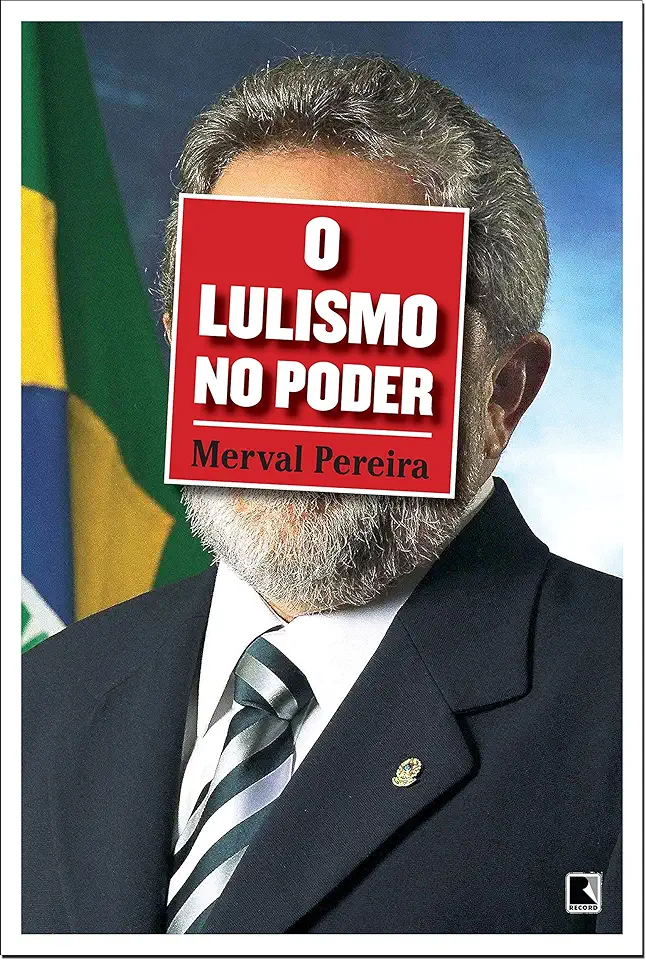
Lulismo in Power - Merval Pereira
Lulismo in Power: The Workers' Party and the Transformation of Brazil
Introduction
In his book "Lulismo in Power," renowned Brazilian journalist Merval Pereira offers a comprehensive and insightful analysis of the rise of the Workers' Party (PT) and its leader, Luiz Inácio Lula da Silva, to power in Brazil. Pereira argues that the PT's success can be attributed to a combination of factors, including its ability to connect with the aspirations of the working class, its pragmatic approach to governance, and its skillful use of political alliances.
The Rise of the PT
The PT emerged in the late 1970s as a response to the military dictatorship that had ruled Brazil for over two decades. The party's founders were a diverse group of intellectuals, union leaders, and activists who shared a commitment to social justice and democracy. In 1989, Lula da Silva, a former metalworker and union leader, became the PT's first presidential candidate. Although he lost the election, Lula's strong showing demonstrated the PT's growing popularity.
Lula's Presidency
In 2002, Lula da Silva was elected president of Brazil, marking a watershed moment in the country's history. Lula's presidency was characterized by a number of important achievements, including a significant reduction in poverty and inequality, a period of sustained economic growth, and a rise in Brazil's international profile. Lula's success was due in part to his ability to build bridges between different sectors of society, including the business community, the labor movement, and social movements.
The PT's Pragmatic Approach to Governance
One of the key factors in the PT's success has been its pragmatic approach to governance. The PT has shown a willingness to compromise and work with other political parties in order to achieve its goals. This pragmatism has allowed the PT to maintain power for over a decade, even in the face of significant challenges.
The PT's Use of Political Alliances
The PT has also been skillful in its use of political alliances. The party has formed alliances with a wide range of political parties, from the center-left to the center-right. These alliances have helped the PT to build a broad base of support and to pass legislation that would not have been possible otherwise.
Challenges Facing the PT
Despite its successes, the PT faces a number of challenges. The party has been accused of corruption, and its popularity has declined in recent years. The PT will need to address these challenges if it wants to remain in power.
Conclusion
"Lulismo in Power" is a must-read for anyone interested in Brazilian politics. Pereira's book provides a comprehensive and insightful analysis of the rise of the PT and its leader, Luiz Inácio Lula da Silva, to power. Pereira's book is a valuable resource for understanding the complex dynamics of Brazilian politics and the challenges facing the country today.